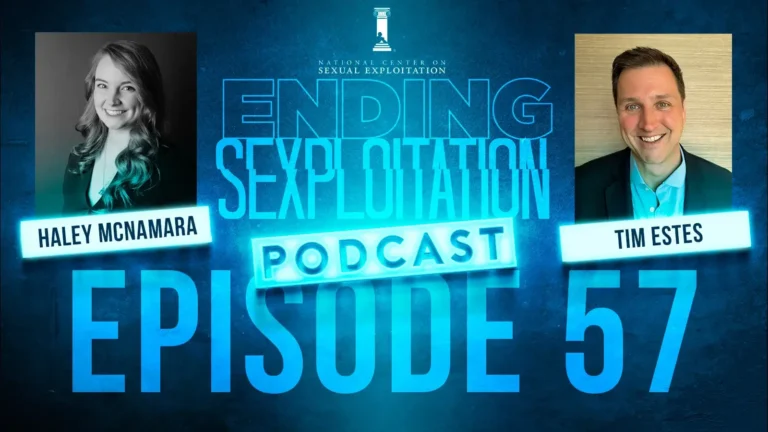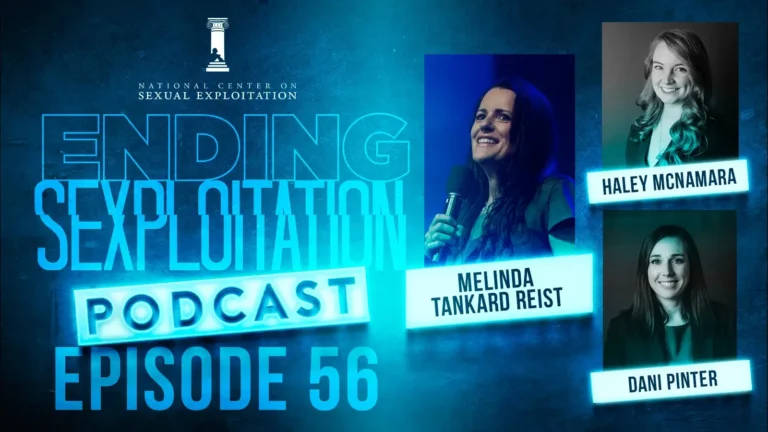Scientists have a name for the things humans innately find rewarding: natural reinforcers. There are two powerful natural rewards that the Internet provides in unlimited supply—sex and novelty.
In 2010, famous musician John Mayer did an interview with Playboy where he warned that Internet pornography’s unending provision of novel virtual “mates” is causing problems in some users and their relationships. Describing his own experience, Mayer said:
“By the way, pornography? It’s a new synaptic pathway. You wake up in the morning, open a thumbnail page, and it leads to a Pandora’s box of visuals. There have probably been days when I saw 300 vaginas before I got out of bed. . . You’re looking for the one photo out of 100 you swear is going to be the one you finish to, and you still don’t finish. Twenty seconds ago you thought that photo was the hottest thing you ever saw, but you throw it back and continue your shot hunt and continue to make yourself late for work. How does that not affect the psychology of having a relationship with somebody? It’s got to.”
Worse still, for many pornography users, the quest for novelty that Mayer describes leads them to escalate towards content that they were previously not interested in and even thought was disgusting. Sometimes that quest for novel material leads users to violent content. For instance, as one pornography user explained:
“When I got internet back in my late teens I found many YouTube-like porn sites that categorized content by fetishes. At first my tastes were those of a normal teenage boy, but over the years my tastes shifted to aggressive content. Violent themes against women to be more specific, especially those anime/hentai videos with scenarios too vile to portray in real life.”
Another pornography user described a similar experience, saying:
[TRIGGER WARNING! Discussion of violent pornographic material]
“I can say with absolute certainty that the fantasies I had about rape, homicide and submission were never there before hardcore porn use from 18-22. When I stayed away from porn for 5 months all those fantasies and urges were gone. My natural sexual taste was vanilla again and still is. Thing with porn is you need harder and harder material, more taboo, more exciting and ‘wrong’ to actually be able to get off.”
Public Health Harms of Pornography
So, why does this escalation happen? What is it about novelty that is so fascinating to pornography users?
A 2016 study by researchers at Cambridge University sheds light on these questions.
This study, published in the Journal of Psychiatric Research, investigated whether individuals with compulsive sexual behaviors (CSB) may be conditioned to sexual cues more strongly than people who don’t have trouble controlling their sexual behavior.
In the study, twenty-two males with CSB and 40 healthy controls performed tasks that measured preference for novel sexual images. It also tested whether CSB subjects would learn to associate abstract images with sexual images, similar to Pavlov’s dogs. (Decades ago, the scientist Ivan Petrovich Pavlov realized that the dogs he was studying learned to salivate when they heard the footsteps of his assistant or a bell ring because these sounds often signaled dinnertime. This is referred to as classical conditioning.
The study found that CSB subjects (more than healthy volunteers) preferred both novel sexual images and neutral images they’d learned to associate with sexual rewards. But the investigation didn’t stop there. The researchers wanted to see what might be driving this preference for novelty in the brain.
Download this resource about the harms of pornography on children
The Role of Desensitization
In a third test, the brains of both subjects and healthy controls were scanned using fMRI as they viewed sexual, monetary, and abstract images.
CSB subjects’ brains became bored (desensitized) faster than healthy controls when they viewed the same sexual image repeatedly.
Decreased activity was observed in a region of the brain associated with anticipating rewards—the dorsal anterior cingulate cortex. This desensitization, or “habituation,” is a common feature of addiction, where an addict feels less satisfaction from a reward over time and eventually seeks more stimulation to achieve the initial level of pleasure.
This explains why many pornography users need to escalate to more and more extreme content; they have been desensitized, and the content they used to watch no longer suffices to arouse them.
The study said:
“CSB individuals have a dysfunctional enhanced preference for sexual novelty possibly mediated by greater cingulate habituation along with a generalized enhancement of conditioning to rewards. We further emphasize a dissociable role for cue-conditioning and novelty preference on the early attentional bias for sexual cues (emphasis added).”
Put simply, a pornography addict may be triggered to watch pornography when exposed to conditioned cues in their environment, and may seek out new and different videos and images to maintain the same level of arousal. Expounding on this finding, Dr. Valerie Voon, one of the study’s authors said:
“The seemingly endless supply of novel sexual images available online helps feed their addiction, making it more and more difficult to escape (emphasis added).”
Talk Today, Safer Tomorrow
This study provides strong evidence supporting what countless Internet pornography users have attested to: Internet pornography can become a powerful addiction, driving the user to constantly seek new, oftentimes more extreme or violent content.
This has dire consequences not only on the wellbeing of the pornography users, but on society at large. The never-ending quest for novelty among pornography consumers creates demand for more and more pornography. This creates a massive pull factor enticing more people into the production side of the highly exploitative pornography industry, and also fuels the demand for violent and abusive content such as child sexual abuse material.
Please TAKE ACTION below, asking your legislators to pass meaningful policies that would help prevent children from falling into the clutches of pornography addiction.
ACTION: Ask Your Legislators to Protect Children from Online Pornography!
For a more detailed discussion of the study highlighted in this article, see NCOSE’s Research Spotlight, “Novelty, Conditioning, and Attentional Bias to Sexual Rewards.”



